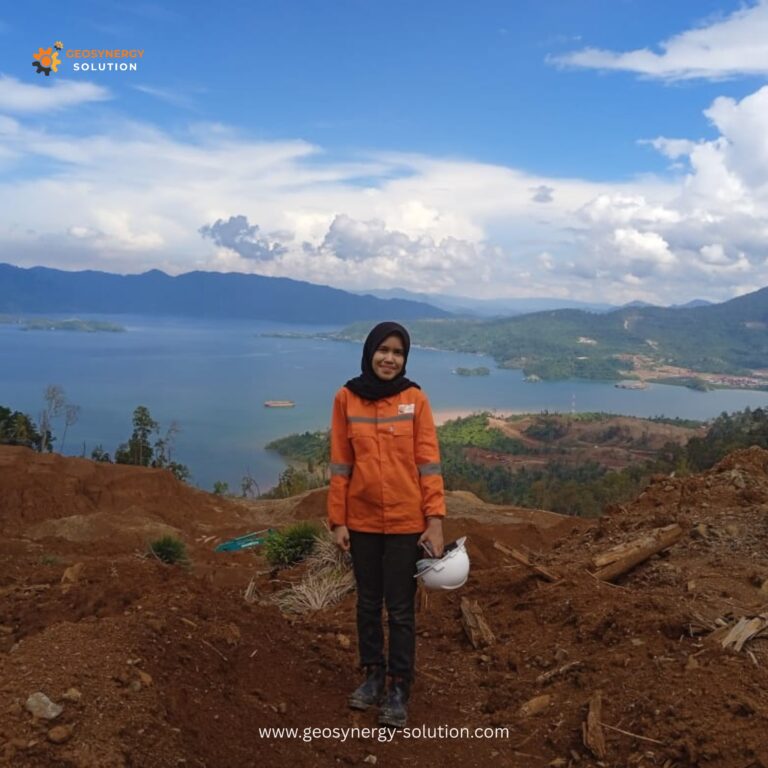
Geotechnical engineering is a branch of civil engineering that studies the physical and mechanical properties of soil and rock to ensure the stability and safety of construction projects. This field plays a critical role in the planning, design, and execution stages of infrastructure development such as buildings, bridges, dams, ports, and mining projects.
The Role of Geotechnical Engineering in Construction Projects
-
Site Investigation – Collecting data on soil and rock conditions through drilling, sampling, and laboratory testing.
-
Slope Stability Analysis – Assessing landslide risks and recommending necessary reinforcement measures.
-
Foundation Design – Ensuring foundations are compatible with soil bearing capacity and site conditions.
-
Monitoring and Instrumentation – Tracking soil movement, settlement, and pore water pressure during and after construction.
-
Geotechnical Risk Mitigation – Providing technical solutions to reduce potential damage caused by poor ground conditions
👉 Related article: [Professional Geotechnical Consultant in Indonesia – Data-Driven Construction Solutions]
Methods and Equipment Commonly Used
-
Cone Penetration Test (CPT/CPTu)
-
Standard Penetration Test (SPT)
-
Triaxial Test
-
Direct Shear Test
-
Pressuremeter Test
-
Geophysical Survey
Benefits of Geotechnical Engineering Services
-
Minimizes the risk of structural failure.
-
Optimizes foundation design, making it more efficient and cost-effective.
-
Ensures the safety of workers and surrounding environments.
-
Provides accurate data for better decision-making.
Why Geotechnical Engineering Matters
Geotechnical engineering forms the foundation of successful construction projects. Without accurate data and proper analysis, risks related to cost overruns, delays, and safety hazards increase significantly. Partnering with an experienced geotechnical consultant ensures your project is supported by reliable data, safe designs, and long-term stability.

